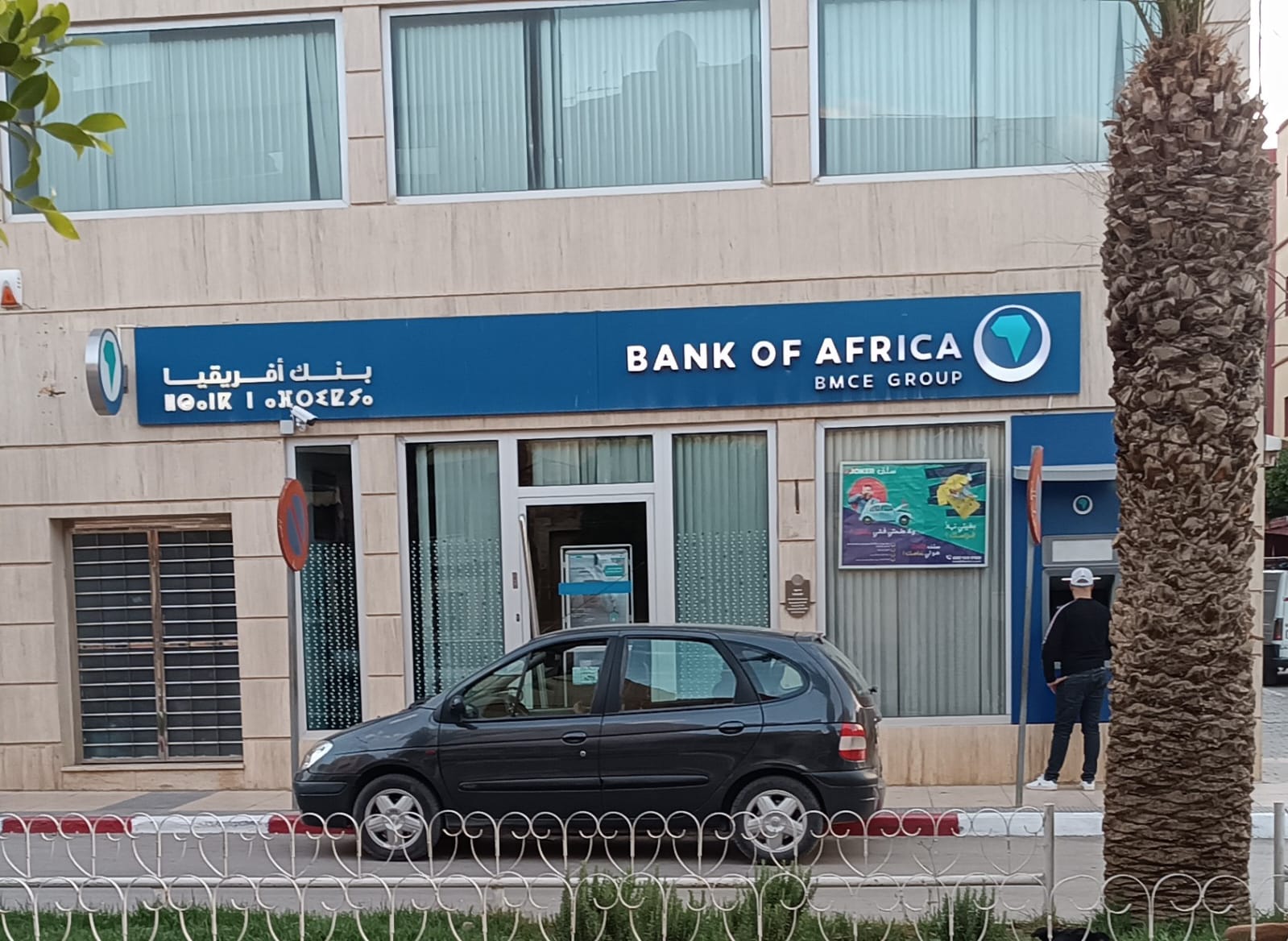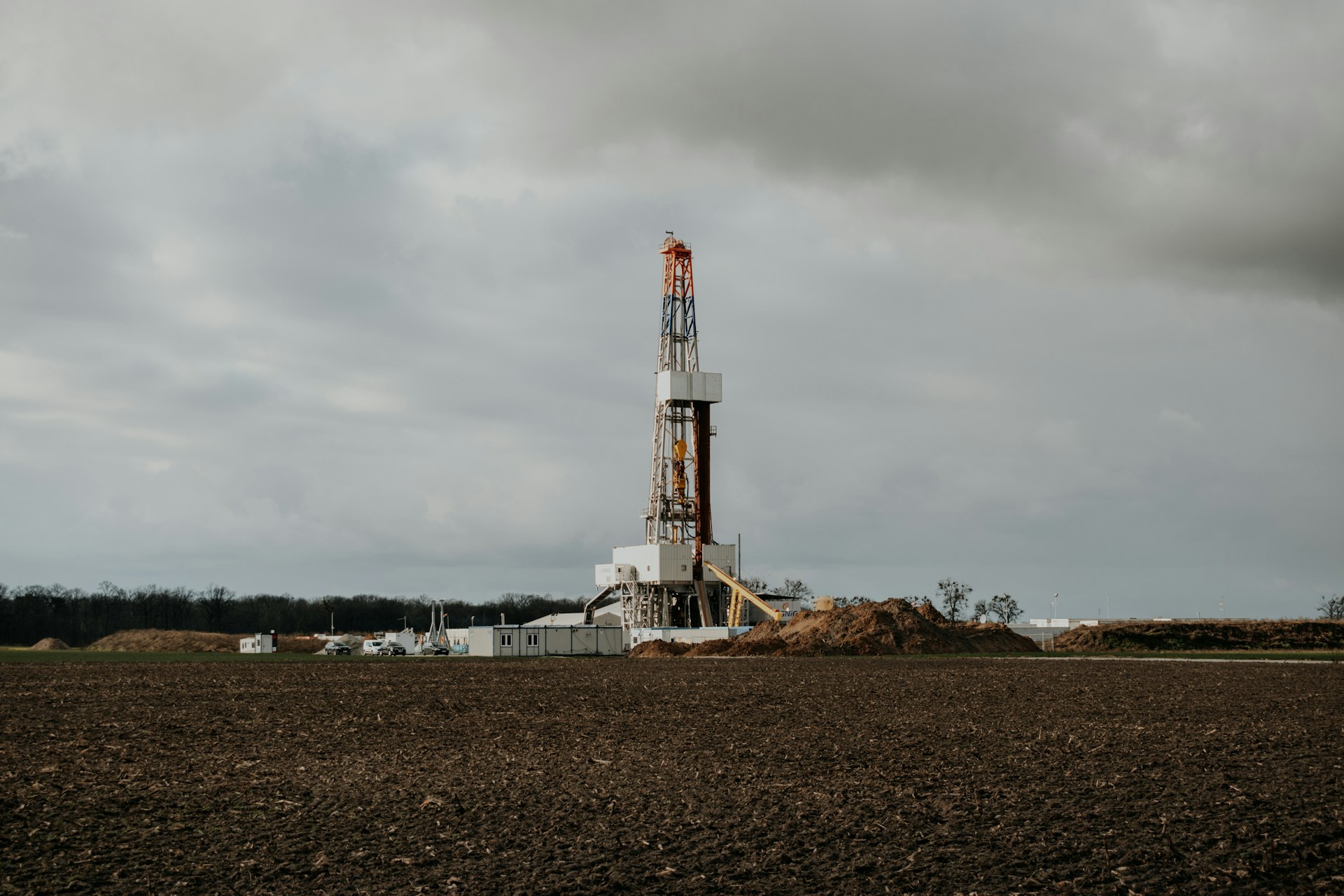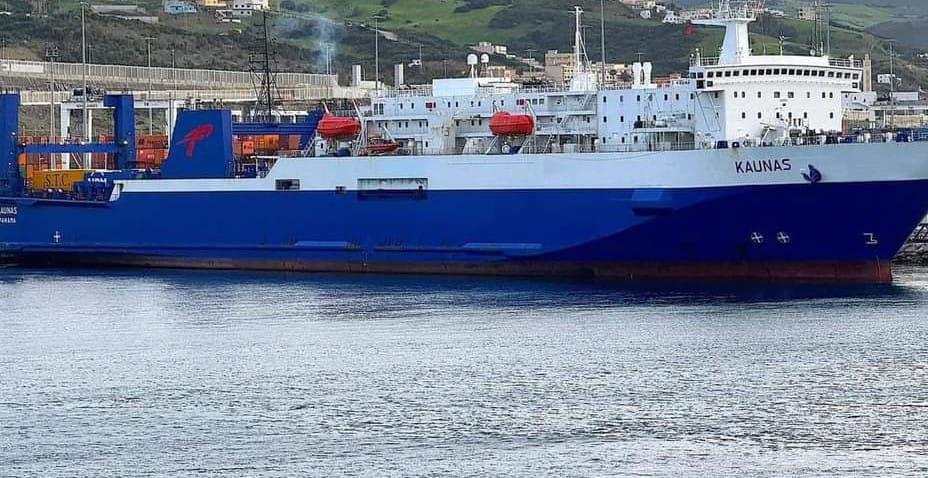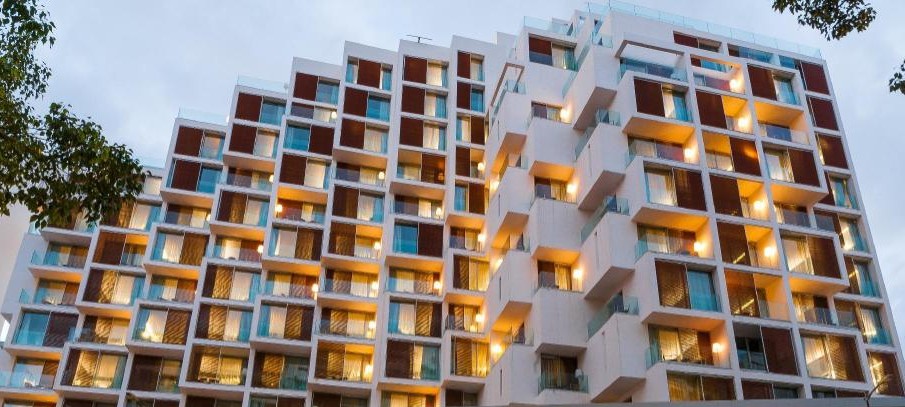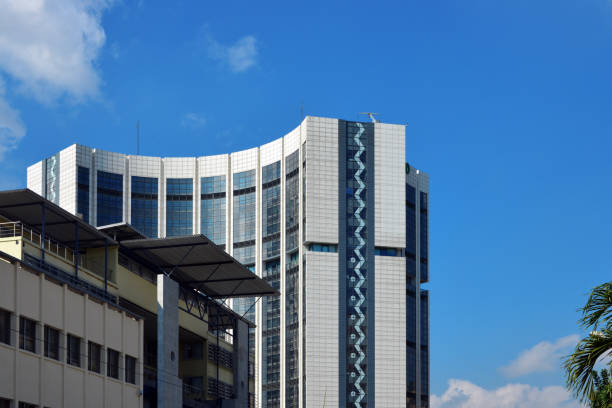Casablanca – The European Investment Bank (EIB) is set to provide $330 million in funding to the Moroccan National Highway Authority (ADM) for a major overhaul of the country’s highway network. This significant investment will support the modernization of 1,200 kilometers of highways by 2033, marking a pivotal step in Morocco’s infrastructure development.
The forthcoming agreement, currently in its final stages, aims to bolster the resilience of Morocco’s highway network against climate risks and enhance regional economic development. The funding will be directed towards improving the quality of existing infrastructure, optimizing road maintenance, and supporting critical expansion projects to accommodate population growth and mobility demands.
The program, financed by the EIB, is designed to address environmental challenges, including climate change, by strengthening the infrastructure’s ability to withstand extreme weather events. It will also ensure better traffic flow and increased accessibility to public services and economic markets. The initiative is expected to have a positive long-term impact on Morocco’s economy by facilitating trade, reducing regional disparities, and promoting economic integration.
Recent financial results from ADM highlight the organization’s capacity to handle large-scale projects. As of the end of June 2024, ADM reported a consolidated revenue of 266.5 million dollars, reflecting a 30.1% increase compared to the same period in 2023. This robust financial performance underscores ADM’s role as a key player in Morocco’s transportation sector modernization.
In addition to infrastructure improvements, the loan may support environmental sustainability initiatives in alignment with the EIB’s green financing goals. The project is expected to contribute significantly to Morocco’s efforts in combating climate change and enhancing ecological resilience.
This investment by the EIB aligns with Morocco’s broader strategy to transform its highway network into a catalyst for economic growth and regional integration. The modernization of the highways will not only enhance safety and efficiency but also stimulate private sector development and strengthen commercial ties between regions, including neighboring countries.







